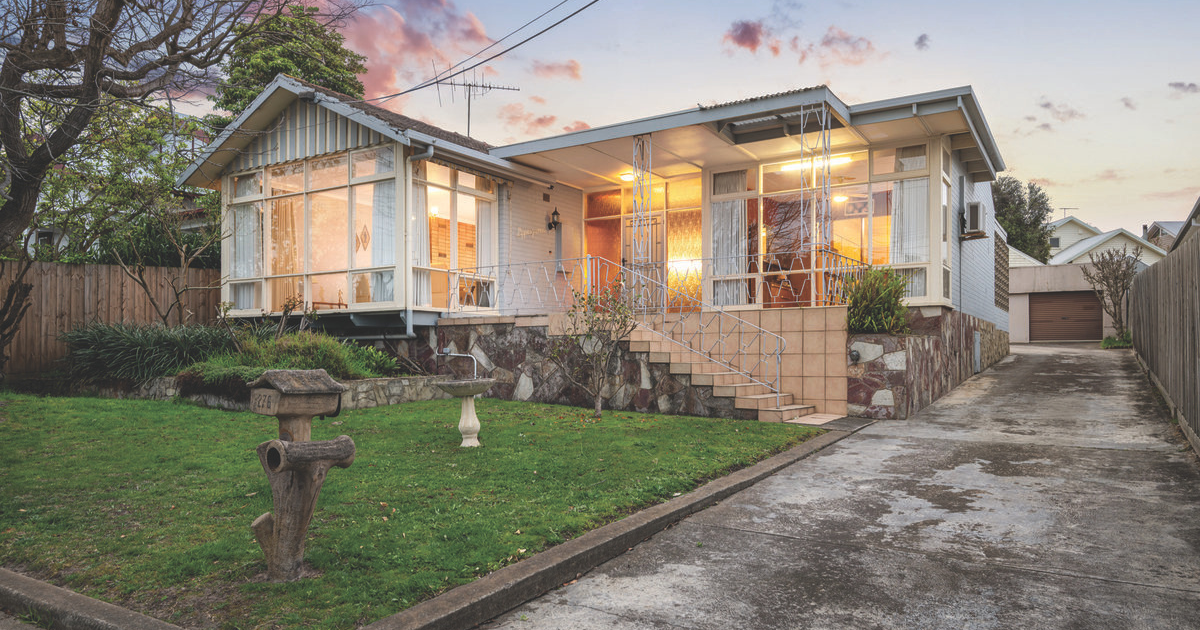Pivot City wins at UDIA Victoria awards
A business and innovation precinct in North Geelong has been put up in lights by the Urban Development Institute of Australia (UDIA).
The 11-hectare district is growing to house 50,000sqm of workspaces across two neighbouring sites in North Geelong – Federal Mills, created in a 1915 woollen mills; and Glass House, inside a 1934 glass factory.
Pivot City is presently occupied by more than 60 businesses and organisations, including (to name a few) the Runway business incubator, Ports Victoria, Acumen Education, Wathaurong Aboriginal Co-Operative, SMEC Global, ABN Group, Ivy Street, West Carr & Harvey, Sanitex, Environment Protection Agency Victoria and Symal.
Supported by lightning-fast 1 Gbps broadband internet, there are now more than 1,000 onsite employees.
Hamilton Group directors Cam Hamilton and Andrew Hamilton said they were thrilled and honoured to win the awards.
“We’ve been very confident the whole way through, we know what we’ve done here is a good thing, we’ve both definitely got a lot of confidence in what we’ve done out here,” Cameron said.
Andrew said Hamilton Group usually focus on making great projects and had never previously been interested in winning industry plaudits but thought the criteria for the UDIA Victoria awards might fit their work at Pivot City.
“You don’t know how these things work, there’s big industry bodies involved, we’re up against top tier and national developers who are spending 10 times as much on projects, so you never know.
“As far as the essence of the award, we were really confident in what we’ve created and really knew we had something special that really spoke to the heart of an urban renewal project.
“We were very excited to put it out there and we had very good feedback from the judges.
“We know this is a project that is different but it’s also, we think, a great example of what’s possible in regional Australia; that’s what we really thought the strength of the project was. A lot of urban renewal projects can be inner-city projects where they keep the facade of the building and build a tower out of the top of it, but we really hoped with our project that it kept the essence of the site and reinvented it for the future.”

Cameron said Pivot City took about two years from its conception to come together, including a complex planning process on a sensitive site and working within the limitations of the space, with the Federal Mills precinct opening first about six years ago.
“That’s what our business does – take these iconic sites and create opportunities,” Andrew added. “And sometimes that’s having a bit of foresight for what opportunities are there, but then quite often it’s also taking the sites through a process where you adapt to changing needs and opportunities as they arise.
“That’s where we have a slight difference in that we’re constantly moving sites forward; it’’s not necessarily so much ‘let’s do it in one defined six-month period of redevelopment and not touch it again’.”
Andrew said technology companies were among the first to express interest in moving in, but the precinct had shifted away from its initial positioning as a “tech park” towards being a business and innovation hub that was integrating engineering and industry firms and taking advantage of opportunities such as the Spirit of Tasmania terminal being built 600 metres away.
“Trying to connect the manufacturing and knowledge industries together is where we’re seeing a large part of our demand at the moment.
“It’s the next generation of industry in Geelong’s north that’s moving here. We’re finding that there are businesses that have an administrative component here but then a component at the Ford site.”


















